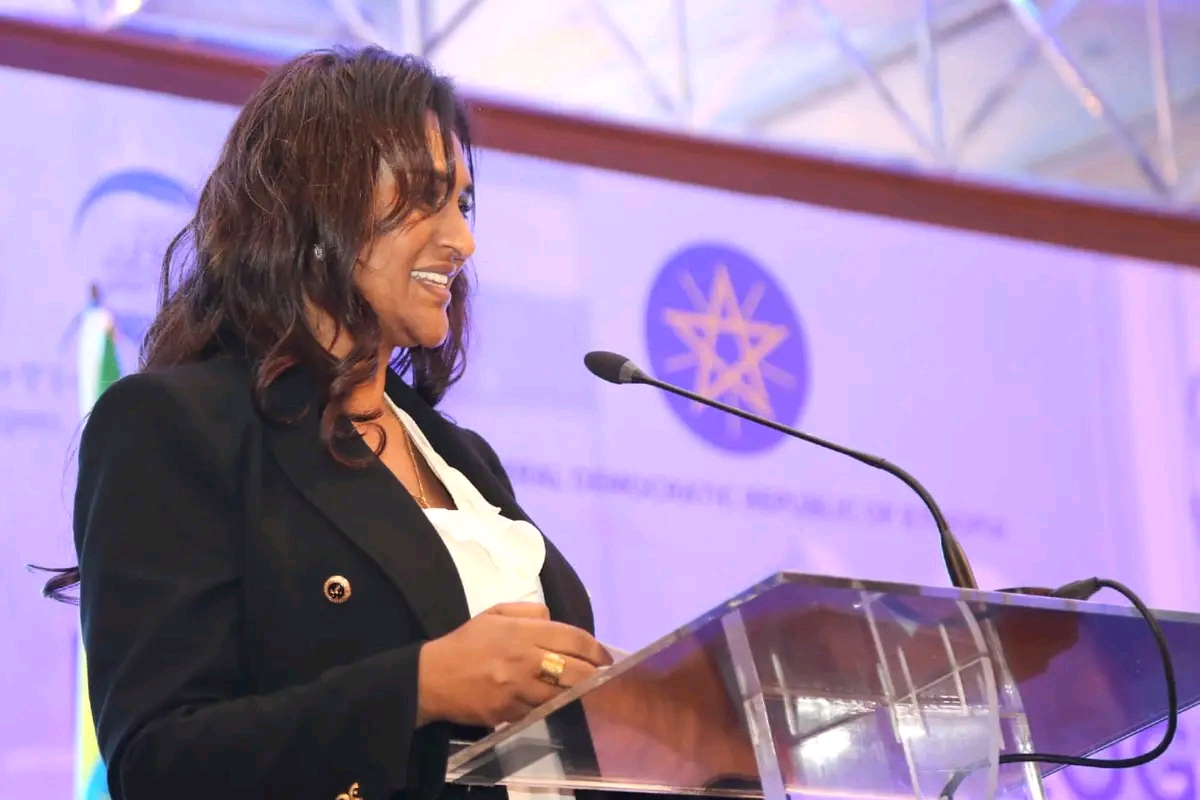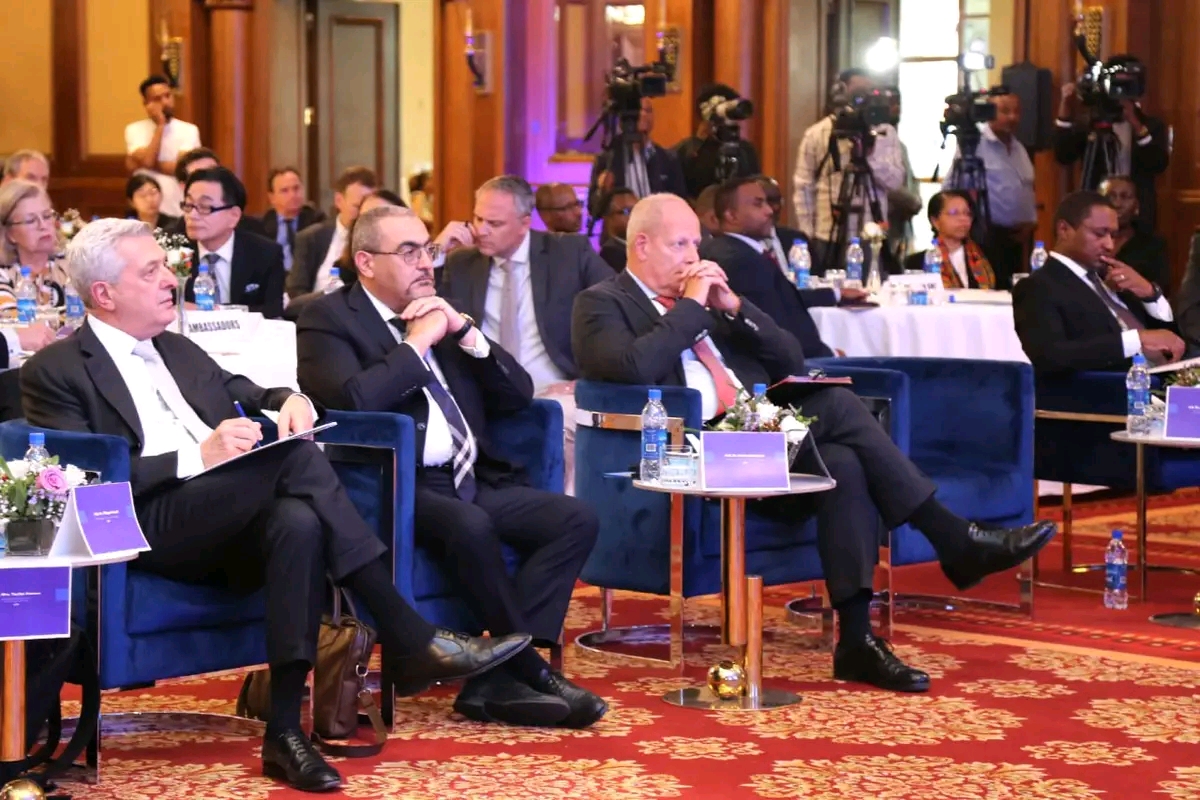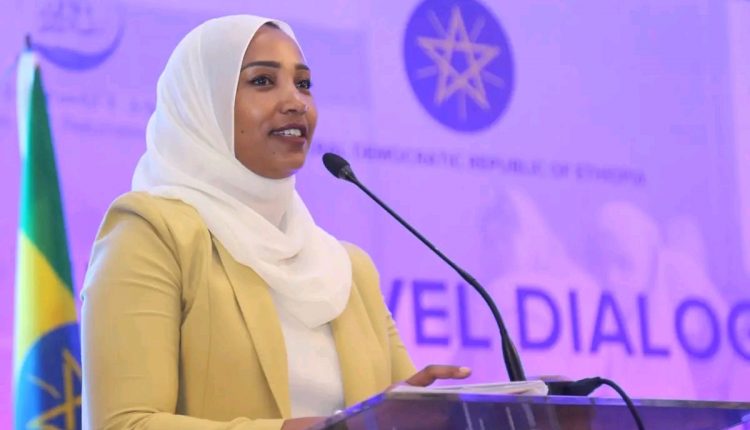Ethiopia Reaffirms Commitment to Refugee Inclusion at High-Level Dialogue in Addis Ababa
Addis Ababa, 13 June 2025 (FMC) — Senior Ethiopian officials and international partners have reaffirmed their shared commitment to advancing refugee inclusion and supporting host communities during a high-level dialogue held in Addis Ababa today.
The event, jointly organized by Ethiopia’s Refugees and Returnees Service (RRS) and UNHCR, brought together stakeholders from across government, humanitarian and development sectors, and the private sector.
In her opening remarks, RRS Director General Ms. Tayiba Hasen highlighted Ethiopia’s longstanding tradition of hospitality, currently hosting over 1.1 million refugees from various countries.
She described the country’s approach to inclusion as both “pioneering and purposeful,” rooted in the belief that integration creates a more enabling environment for both refugees and host communities.
“Ethiopia has made the bold decision to integrate refugees into national systems—because we believe it benefits not only the refugees, but the country as a whole,” said Ms. Tayiba, adding that stronger partnerships are essential to scaling up these efforts.
She welcomed the participation of UN High Commissioner for Refugees Filippo Grandi as a sign of recognition for Ethiopia’s efforts and extended appreciation to development and humanitarian partners for their technical and financial support.
Ms. Tayiba also emphasized Ethiopia’s ongoing efforts to promote voluntary returns, while ensuring access to essential services for those who remain.
 Echoing her remarks, State Minister of Finance Ms. Semereta Sewasew underscored Ethiopia’s commitment to refugee protection within the framework of international legal obligations and national development goals.
Echoing her remarks, State Minister of Finance Ms. Semereta Sewasew underscored Ethiopia’s commitment to refugee protection within the framework of international legal obligations and national development goals.
She cited the integration of refugee issues into Ethiopia’s Homegrown Economic Reform Agenda and key legislation, including the Refugee Proclamation and Labor Proclamation.
“Ethiopia’s commitment goes beyond rhetoric—it is reflected in action,” said Ms. Semereta, pointing to ongoing efforts to provide refugees with healthcare, education, digital identification through the Fayda ID system, and access to labor market information and safety net programs.
She noted that refugees are being encouraged to engage in income-generating activities and small businesses, and called for greater international support to address persistent challenges, particularly underfunding and climate-related vulnerabilities.
UN Resident and Humanitarian Coordinator Dr. Ramiz Alakbarov also praised Ethiopia’s historical and contemporary leadership in refugee protection.
Recalling Ethiopia’s role as a sanctuary for early followers of Islam more than a millennium ago, Dr. Alakbarov emphasized that effective inclusion requires coordinated action beyond governments.
“Refugee inclusion must be a whole-of-society effort involving not just government, but also the private sector, refugees themselves, and the communities that host them,” he said.
 The dialogue served as a platform to review progress, share best practices, and identify strategies to strengthen inclusive, sustainable responses.
The dialogue served as a platform to review progress, share best practices, and identify strategies to strengthen inclusive, sustainable responses.
It highlighted Ethiopia’s shift from parallel humanitarian programming to a whole-of-government approach anchored in dignity, protection, and long-term development.

